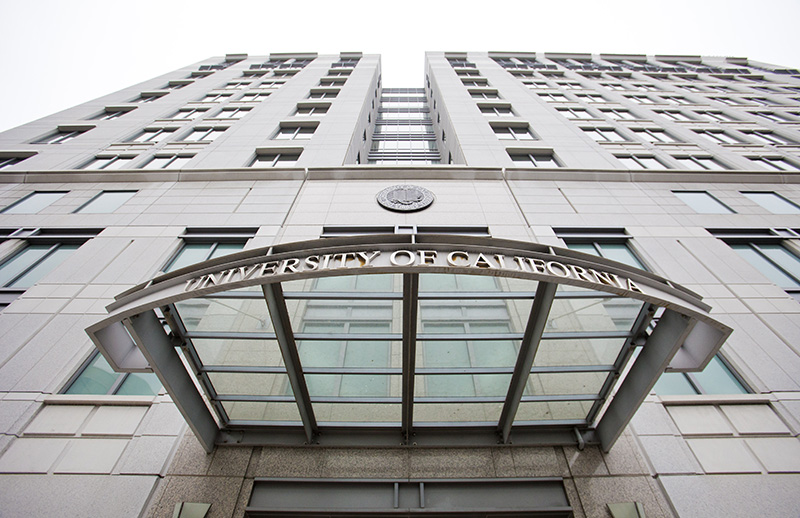A new research study has surfaced from both UC San Diego’s assistant professor Holly B. Shakya and Yale University’s professor Nicholas A. Christakis, which found that the more time people spend using Facebook or other forms of social media, the more susceptible they are to a diminished well-being, such as diminished physical or mental health and life satisfaction.
The study was done over a span of two years, with three waves of data consisting of 5,208 adults from a national longitudinal panel provided by the Gallup organization and consisted of four metrics: life satisfaction, self-reported mental health, self-reported physical health and body-mass index.
Their research was measured on the number of time users used Facebook, how they interacted by liking others’ posts, creating one’s own post and clicking on links. These four metrics enabled researchers to see the correlation between the well-being of a person and social media.
The study had measures of respondents’ real-world social networks, which consisted of naming four friends they discuss important matters with and four friends they spend their free time with, offering everyone a chance to name a total of eight individuals they interact with face-to-face in their daily life.
According to an article published in Harvard Business Review by Shakya and Christakis, “prior research has concluded that social media may detract the amount of face-to-face relationships, decreased the amount of time individuals choose to take part in meaningful activities, led to internet addiction and led to a diminished self-esteem by comparing one’s own life to others on social media.”
The article said that while using Facebook led to a diminished well-being, there is no definite answer to how it occurs because there were no differences between the three activity measures they used; liking someone’s post, creating a post or clicking a link had little contrast on the impact on users. The overall results suggested that well-being declines due to the quantity of using Facebook or social media, rather than just quality of use.
Shakya told the UCSD Guardian that their study didn’t measure the way Facebook leads to a diminished well-being.
“Our study didn’t measure the mechanisms by which [a diminished well-being] might have occurred so we can only speculate,” Shakya said. “Also, it is important to consider that any one study is only evidence of a trend, not definitive proof. After evidence accumulates that case for any one explanation can get stronger.”
However, she did offer her insight on how people can come to the conclusion to start using Facebook less, though this is a tough obstacle.
“Using [Facebook] less is complicated as it can be addictive, and there are many instantaneous reinforcements for using it, such as the thrill of seeing likes or getting comments on a post. I think, however, awareness of the issue and intentional attention to in-person relationships is a good start.”
The Pew Research Center found that 76 percent of Americans use Facebook daily, leading to a decreased mental state.
A study by the University of Missouri came to the conclusion that surveilling other profiles led to destructive behavior. The research found that symptoms of depression among Facebook users were more probable if a person’s post triggers the feeling of jealousy among users.







